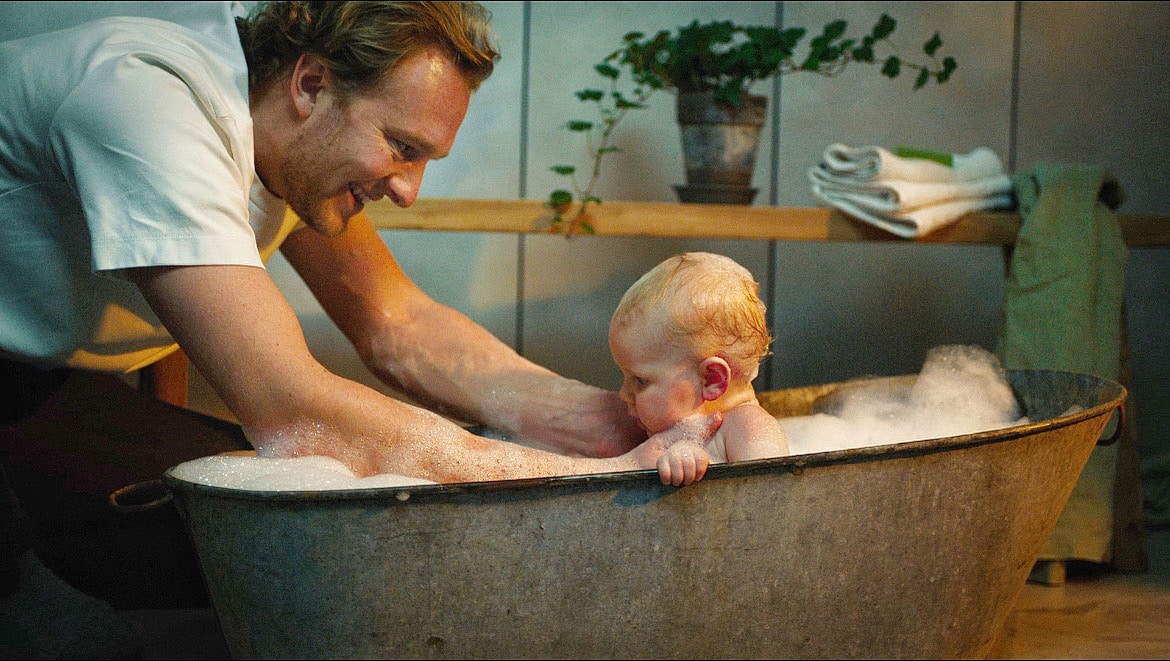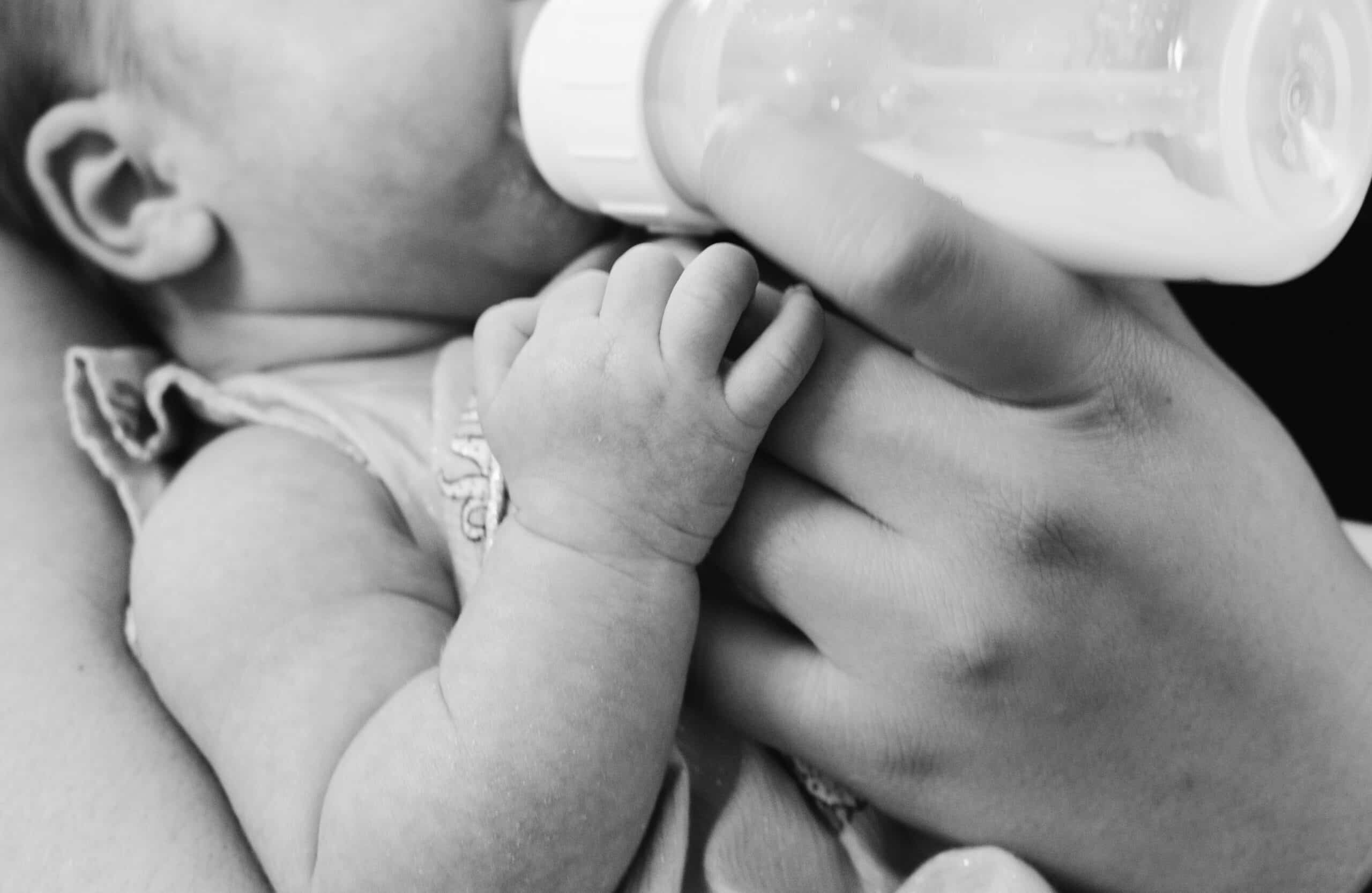
Earmarked paternity leave
The father’s quota in the parental insurance scheme seems to have a significant impact on whether fathers take parental leave from work. Examples from the Nordic countries.

Most mothers-to-be plan to breastfeed their baby, which is a ‘plan A’ by all means. But, if breastfeeding doesn’t work, isn’t enough, or if you choose not to breastfeed, there’s actually a really good alternative plan. But alternatives to breastfeeding cannot be promoted.
How can this be so?
We follow a code of ethics established in 1981 by the WHO (World Health Organization). It means that we are not allowed to market infant formula. Furthermore, the Parliament has interpreted the WHO Code of Ethics in a Swedish law that prohibits the marketing of infant formula. The rules are strict. Therefore, we have little information about infant formula on our website and even less in our other marketing. Advice on both infant formula and breastfeeding is best obtained from the BVC.
Sometimes formula is described as a last resort, something to resort to after trying everything else. Therefore, if you want to breastfeed but can’t make it work, it can feel like a failure. It’s as if you’re an inferior parent. Unfortunately, we also believe that the regulation surrounding the marketing of our products may contribute to a sense of insecurity or inferiority among parents who need to give their child infant formula or complementary foods. At Unna, we think this is an issue that needs to be addressed, because children can be fed in different ways. We want to work to break the polarization that pits breastfeeding against bottle feeding. And we want to:
–– be clear that the ability to be a good parent is not linked to whether you breastfeed or not.
– provide reassurance and alleviate guilt about breastfeeding.
– contribute to greater sensitivity and understanding of the experiences of different parents on issues related to feeding young children.
If you are curious and want to know more – read about the basis for the WHO recommendation, the current WHO advice and the Swedish legislation! For example, via the Parliament’s website and the WHO.

The father’s quota in the parental insurance scheme seems to have a significant impact on whether fathers take parental leave from work. Examples from the Nordic countries.

Some babies may need to be formula-fed for the first few days. You have the right to receive information and help from health professionals about what applies to your child.
WHO rekommenderar uteslutande amning under de första 6 månaderna. UNNA stödjer detta till fullo liksom fortsatt amning tillsammans med introduktion av en varierad kost enligt råd från barnhälsovården.
The WHO recommends exclusive breastfeeding for the first 6 months. UNNA fully supports this as well as continued breastfeeding along with the introduction of a varied diet as advised by child health services.